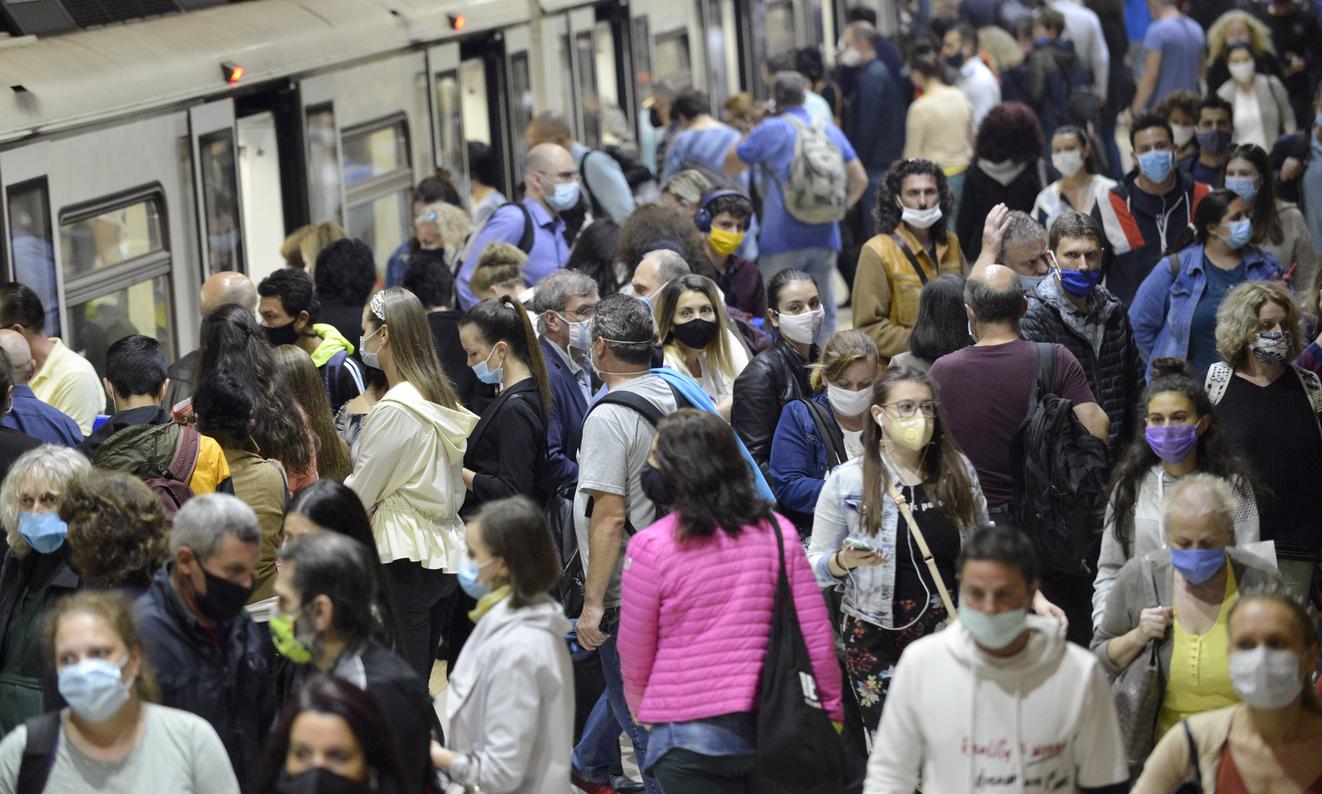Destruction of hospitals, attacks on doctors, epidemics, the situation in Syria alerts some fifty international doctors, including the 2011 Nobel Prize for Medicine.

“The conflict in Syria is leading to what is arguably one of the world’s worst humanitarian crises since the end of the Cold War. An estimated 100,000 people were killed, most civilians, and many more were injured, tortured or ill-treated. “It is a real cry of alarm from some fifty doctors from all over the world in The Lancet.
15,000 doctors had to flee abroad
In an open letter signed by big names in medicine, such as Pr Jules Hoffmann, Nobel Prize for Medicine 2011, Pr Michel Kazatchkine, Special Envoy of the Secretary General of the United Nations for the fight against AIDS in Eastern Europe and in Central Asia, they denounce the systematic attacks against health professionals, care structures and patients. “We are dismayed by the lack of access to health care for the affected civilian populations, and by the deliberate targeting of medical facilities and personnel,” write the authors who recall the devastating figures: 37% of Syrian hospitals have been destroyed and 20% severely damaged. 469 medical professionals are currently in jail, and about 15,000 doctors have been forced to flee abroad, according to the Council on Foreign Relations. For example, in Aleppo, of the 5,000 doctors who practiced before the start of the conflict, only 36 remained …
Chronic patients abandoned
For the authors, “deliberate” and “systematic” attacks place the health care system at the breaking point. In this situation, “the number of people requiring medical assistance is increasing exponentially,” write the authors of the appeal.
Patients with chronic illnesses, such as cancer, diabetes, high blood pressure and heart disease, which require long-term medical assistance, have nowhere to turn for essential medical care. The Syrian population is vulnerable to epidemics of hepatitis, typhoid, cholera and dysentery.
Epidemics threaten
The letter points out that “the lack of drugs has already worsened the epidemic of cutaneous leishmaniasis, a serious infectious skin disease that can lead to severe disability.” The number of acute diarrhea is increasing alarmingly. “Aid agencies reported last June a measles epidemic sweeping through districts in northern Syria,” they continue. In some areas, children born since the start of the conflict have not had vaccinations, which means that the conditions for an epidemic, which have no respect for national borders, are ripe. Faced with this dramatic situation, the fifty signatories call on “all armed parties to respect the functions of health professionals and their medical neutrality”.
.















